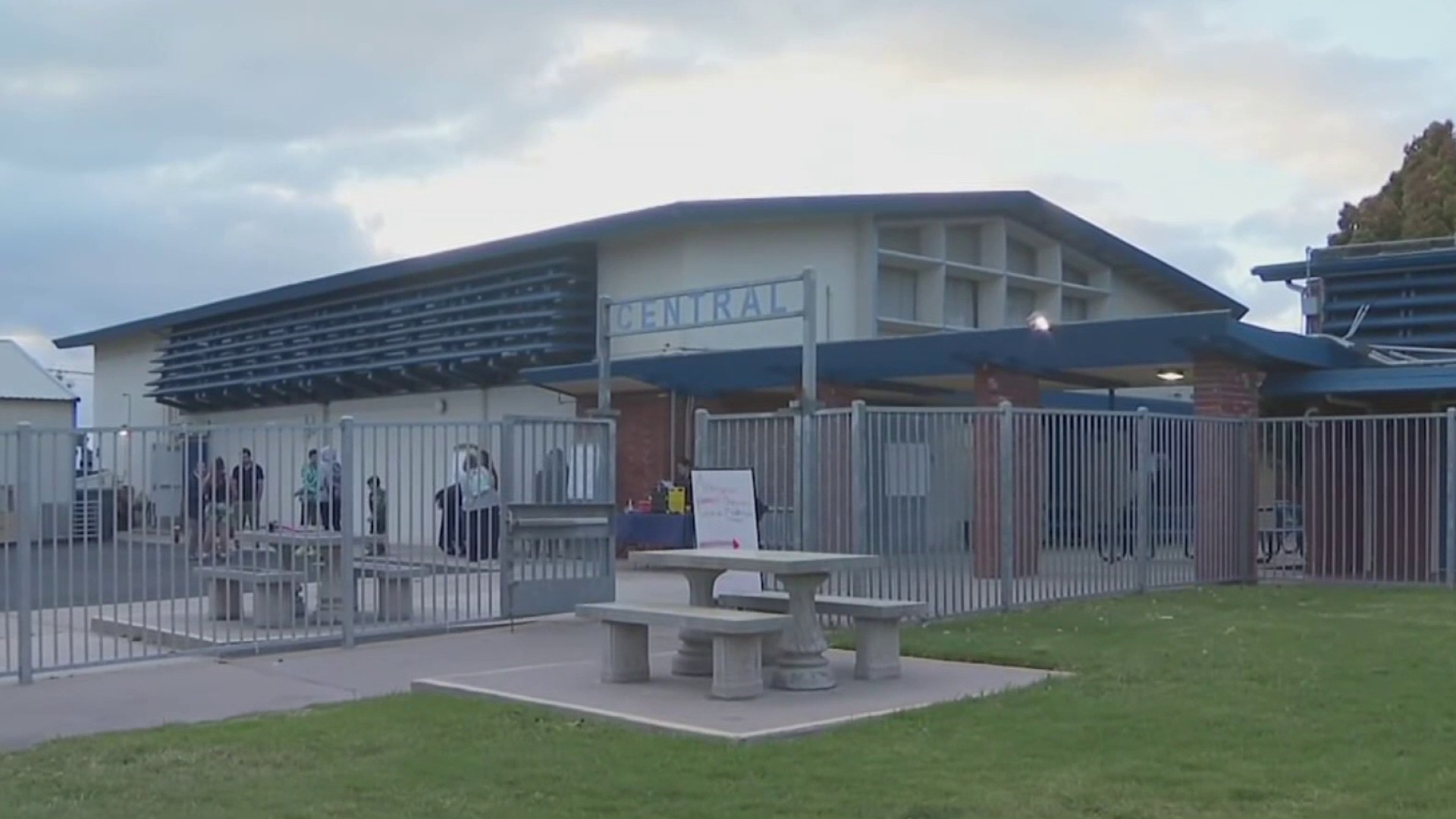A recently released report concludes the San Diego Association of Governments (SANDAG) “forfeited the public’s trust” and “lost employee morale” by failing to adequately explain how and why it overestimated the Measure A revenue forecast.
The failed measure, which was on the November 2016 ballot, called for a half cent sales tax increase; SANDAG made an incorrect revenue projection of 18-billion dollars.
The report also details an effort by some SANDAG officials to hide public records in an unsearchable file and to delete documents.
Click here to read a copy of the 41-page report commissioned by SANDAG and overseen by three SANDAG board members.
Based on the report, a local public records attorney, Felix Tinkov said, SANDAG's action to hide and delete information could be a violation of California law and the California Public Records Act (CPRA).
“It’s a real problem, this is a government agency,” Tinkov said.
NBC 7 Investigates’ media partners, Voice of San Diego, raised questions suggesting SANDAG knew the revenue forecast was inaccurate about a year before the vote.
Local
According to the report, the agency was "already in a panic.” One employee said SANDAG's executive director instructed staff to stop communicating by email and to instead use their phones or speak in person. The report also details that employees were directed to delete draft documents.
Under SANDAG's policy, documents not deleted within 60-days have to be kept for two years. Tinkov said that is a potential violation of California law and the CPRA.
“If their belief is that a record or email or electronic document doesn't become a public record in the first 60-days of its existences, they're absolutely wrong,” Tinkov said.
In an email to NBC 7 Investigates, David Hicks, the Communications Manager for SANDAG said staff believes Board Policy 15 (the section of the policy that details how long documents are kept) is consistent with the California Public Records Act.
California Government Code section 6200, provides that the destruction of government records “is punishable by imprisonment in the state prison for two, three, or four years.” This applies to records that are stolen, removed, destroyed, altered, falsified, mutilated, defaced or secreted, according to the Code. Violations of the CPRA are handled in civil court where after a lawsuit is filed, a judge rules on whether the records requested should be released. In addition, the judge can require repayment of attorneys’ fees.
According to the report, “although such an instruction is permissible under California law and SANDAG Board policy, it should not have been given at this time,” and the conduct, according to the report, “raises the spector of impropriety.”
NBC 7 Investigates reached out to SANDAG executives and board members about the independent review. They said they will not comment until the report is formally presented to the board on Friday.
The independent report also revealed the creation of a folder known as “Hana Tools.” According to the report, the folder allows information to remain confidential, but the file was also not 'searchable', a way, according to the report, for the agency to avoid public records requests.
“It appears that the staff has made some really, really bad…decisions to both hide information and or destroy it,” said Tinkov.



